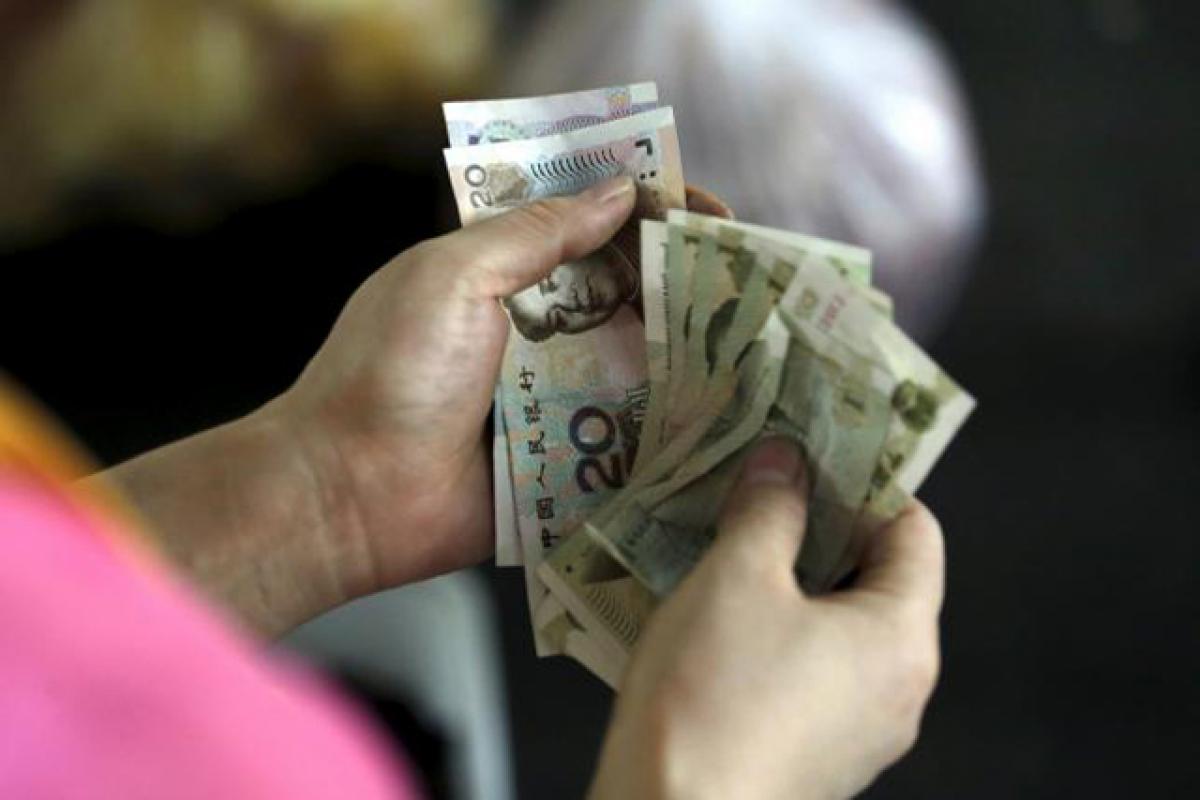Chinese economic fault lines surface

Chinese economic fault lines surface. A mini debt crisis in northern China is exposing cracks in a financial pillar of the country\'s economic revival plan: the $430 billion loan-guarantee industry.
Beijing: A mini debt crisis in northern China is exposing cracks in a financial pillar of the country's economic revival plan: the $430 billion loan-guarantee industry. China has a heavy corporate debt burden and its economy is slowing, putting borrowers under strain, but many lenders take comfort from the fact that their loans are insured against default through the nation's almost 8,000 guarantee companies.
.jpg)
A third of these are state-backed companies that stand behind more than 60 per cent of China's guaranteed loans. They exist to facilitate finance for smaller businesses - China's job-creators - but a crisis unfolding in northern Hebei province shows that their ability to meet those guarantees is in doubt.
In Hebei, a gritty region of steel mills and factories close to the capital Beijing, one such company is technically insolvent, a fate likely shared by other guarantee firms as the world's second-largest economy rapidly loses momentum. Hebei Financing Investment Guarantee Group has sold too many guarantees, too cheaply, on loans that have now gone sour.
Companies such as Hebei Financing are obliged to sell guarantees to borrowers at low rates of interest to underpin finance for smaller businesses, which can struggle to obtain funds at viable interest rates without a guarantee. Hebei Financing has guaranteed loans to more than 1,000 borrowers, including manufacturers that are bearing the brunt of the slowdown.
Many of these borrowers are in danger of default, presenting Hebei Financial with the prospect of having to pay out 32 billion yuan ($5 billion) in loan guarantees, which would wipe out its registered capital of 4.2 billion yuan. Given the company is unable to meet all its guarantees, lenders face large losses unless they can persuade the Hebei government to intervene and bail them out.
"If there weren't guarantees provided by Hebei Financing Investment Guarantee Group, investors would not have agreed to lend to those companies," the petitioners wrote in a letter to the province's Communist Party secretary and the governor.
If the guarantees are not honoured, they may default in turn on returns pledged to their own investors. To ratchet up the pressure on the Hebei government, the letter urged it to act in order to "prevent the crisis from triggering a public panic".
China has $3.65 trillion in foreign reserves and could deal comfortably with several crises on the scale of Hebei. However, a loss of investor confidence in the overall guarantee industry could be harder to contain. If lenders suspect local governments will not bail out guarantee companies in times of trouble, the broader economy becomes the loser as businesses are starved of finance.
"This is unbelievable," said an executive of a trust company that was one of the signatories to the petition. She declined to be identified because of the sensitivity of the matter. Beijing unveiled plans last month to set up a national financial guarantee fund to back provincial guarantee firms such as Hebei Financing.
But it risks reinforcing the assumption among lenders that governments will bail them out and encouraging reckless lending. Hebei Financing's Ma said his firm carried out due diligence and required borrowers to provide collateral, but it was not allowed to price its guarantees according to the level of risk. The lenders, however, can charge higher rates even though the risk of default rests primarily with the guarantor, he said."This is unfair. Very unfair. But we can’t do anything."
By Shu Zhang & Matthew Miller















